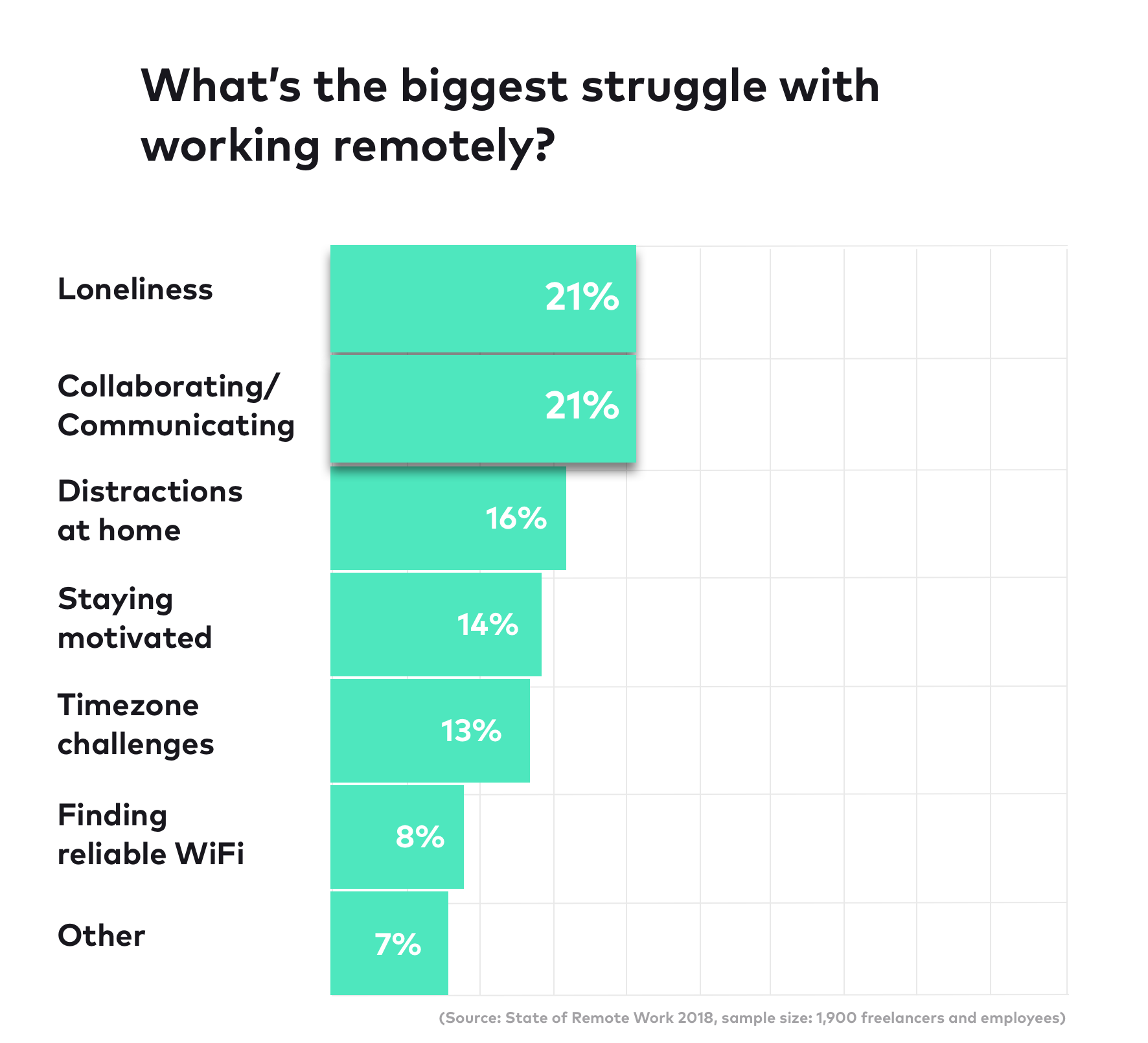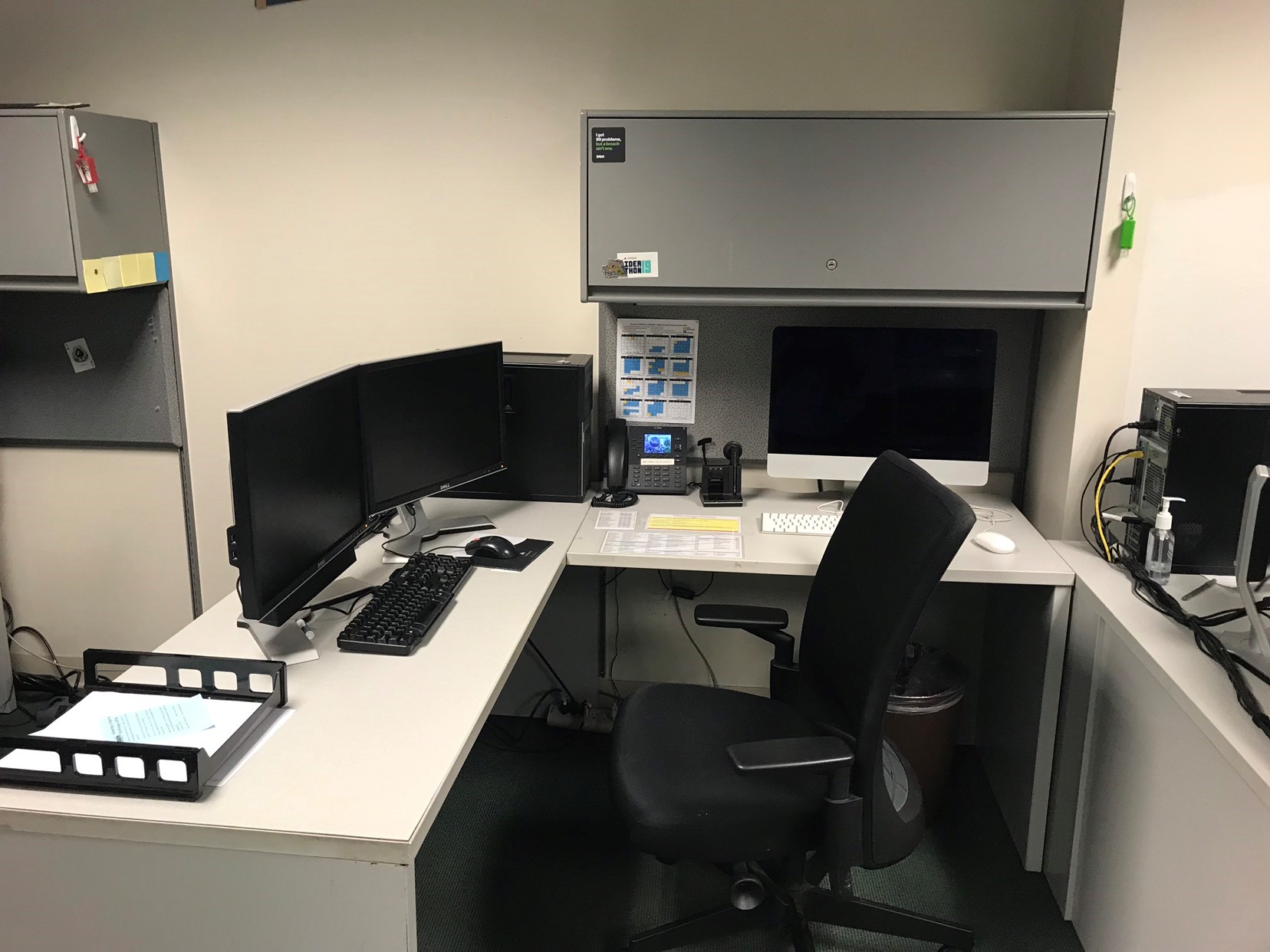Telecommuting in the IT field
Andrew Burt & Andrew Mccuan
Telecommutting can be used in the Information Technology field successfully if the company develops a clear and concise plan to properly deploy and manage telecommuting.
Purpose
The purpose of this webpage is to document a proposal to Information Technology (IT) companies to further embrace telecommunication into the workforce. After reading the below pages, we believe that change in IT companies is needed and workflow can be improved if steps were taken to implement telecommunication. The webpage is first and foremost presented to executives and management that can use this information to implement this into their workplace. The secondary audience is employees that are trying to introduce telecommuting to management and would like to have a research-based report that discusses the pro’s and con’s of telecommuting in the IT field.
Audience and Use Profile
Primary Audience
Secondary Audience
Relationship with audience
Purpose of document
Audience and purpose statement
Intended use of document
Information needs
Technical background
Cultural considerations
Probable Questions
Probable reaction
Audience Preferences about the Document
Length and detail
Format and medium
Tone
Due date and timing
Budget
Questionaires
To: Participants
From: amccuan1@csub.edu
Date: March 3, 2019
Subject: Telecommuting Questionnaire
Amazon Headquarters
410 Terry Ave. N.
Seattle, WA, 98109
Dear Participant,
Thank you for your interest in telecommuting. Our plan is to inform companies of the benefits of telecommuting in Information Technology (IT) field. If you are not familiar with the term telecommuting, this is working from home. With telecommuting, there are many benefits for employers and employees.
Attached to the email is a ten-question questionnaire. Please take a few minutes to complete the questionnaire to help us understand your stance on telecommuting. If you have any questions or concerns, you may contact me at amccuan1@csub.edu. Also, please email your response to the listed email. Thank you for your time.
Sincerely,
Andrew Burt & Andrew Mccuan
Telecommuting Questionnaire
1. Would you like to work from home?
2. Would you like to telecommute full-time, or go commute to work and telecommute?
3. Would telecommuting have a favorable effect on your quality of work?
4. What elements of your job can be performed offsite?
5. How much time on average does it take to get to work?
6. How much money do you spend on commuting to work?
7. How often do you complete work that you bring home at home?
8. Do you think an employee can be responsible enough to do the equivalent amount of work at home as they would if they were at work?
9. Does telecommuting make you feel uncomfortable or make you scared?
10. Would you rather telecommute full time, or part-time and work at the office part-time?
Interviews
Andrew Burt's Interview
Marty Gregg – Grimmway Farms
1. What is your current position at Grimmway farms?
I work as a Project Manager at Grimmway and have been in my current position for around three years.
2. Has Grimmway ever used telecommuting?
Telecommuting has been used a few times in the past for certain individuals. I primarily use telecommuting when I travel for business.
3. Does your productivity decrease when telecommuting?
Honestly, I do not feel as if it does. I usually work in a desk when I am at the office, but I can usually get the same amount of work done if I am in the right place to work and can focus.
4. Do you think that this would be an issue if you gave this to more employees?
I think that many of my employees would do fine, but I know from first hand experience that you can easily get distracted and not get much done for the day.
5. How long is your average commute to work?
My average commute is around 30-40 minutes.
6. Do you think if you worked from home on a weekly basis, say it be one day a week, would this be beneficial?
I think working from home one day each week would definitely be beneficial to me. I usually work half days on Friday’s, so if I could stay home and get my work done, I would not have to commute.
7. Do you think you would be able to manage your time if you worked full time telecommuting?
I think if I had a dedicated space for working at home, I could work very efficiently. At this moment, I do not have an office at home, so I do believe it would be difficult to stay on task.
8. Since you work as a manager, do you think It is beneficial to be working hand in hand with your employees?
Yes, I do think working alongside my employees help build camaraderie that I could never achieve if I worked at home.
9. What do you think would be the biggest change if you did telecommute each day?
I feel that I would have to adjust my current work habits to better fit this new work style. Right now, I manage a lot of various projects that I work closely on. I would have to take a step back, and manage the projects in a different way then I have previously done.
10. What is your overall opinion on telecommuting?
My overall opinion is that I think it can work in the right setting. I am unsure if it would be effective for Grimmway, but I believe an experimentation on this should be made in the future if the details are laid out correctly.
Andrew Mccuan's Interview
Cody Miller – Grimmway Farms
1. Does your job offer telecommuting?
Not really, I have been able to work from home for a few days but nothing permanent. Same with other employees.
2. When you worked from home, were you as productive as normal work day?
I personally felt less productive, I would get distracted more easily and focus less on my work.
3. Do you think all aspects of your job can be done from home?
No, but the majority of the job is done over the phone or on the computer, these are the aspects that can be completed from home. Some things you have to physically fix.
4. If you could telecommute full-time, would you?
I don’t think I would. I personally like the interaction between other employees, it makes the day go by faster. Plus, there is more of a driving force to get my work done faster. I would prefer to telecommute a few days a week.
5. How many days a week would you like to telecommute?
I would say 2 days max. I would for sure telecommute on Friday since I normally leave early that day, and I think Wednesday would be my other day.
6. Would you recommend telecommuting for everybody at your work or only certain employees?
I would say only certain individuals should have the ability to telecommute. Not everyone is the same and have different ways of working, some just need a boss to get their work finished.
7. Do you think giving only certain employees the ability to telecommute is unfair to the others?
No, because I think the employee that gets to telecommute should earn the ability to do so. Be a good worker, always show up on time, etc. Being able to telecommute is a privilege.
8. Do you think telecommuting employees will start to feel isolated from their company?
I don’t think would happen unless there were never contacted by the manager or invited to work-related events. As long as the employee did their job, I think they would still feel a part of the business.
9. How long does it take you to commute to work every day and would this time influence you to telecommute?
It takes me about 30-45min to drive to work every day. The drive does persuade me to want to telecommute a few days a week.
10. Would you recommend telecommuting for another IT business?
I believe telecommuting can work at other IT businesses as long as they have the right employees and infrastructure set up for the employees to be able to complete their jobs properly.
Inquiry Letter
California State University Bakersfield
9001 Stockdale Hwy
Bakersfield, CA 93311
April 1, 2019
Amazon Headquarters
410 Terry Ave. N.
Seattle, WA, 98109
To Jeff Bezos,
My name is Andrew Mccuan and I am a student at California State University Bakersfield. I am currently working on a group project to show the effects of telecommuting in the company. Such as the benefits for the company and its employees.
In my research, I have found that your company has vast experience with telecommuting. I was wondering if you could provide me information on your experience with telecommuting to help better my research. Your answers to the following questions would be a great help.
1. Are employees that telecommute equally, more, or less productive than an employee that does not telecommute?
2. What percentage of employees telecommute?
3. Do you have employees telecommute full time or are their certain days they are required to come to work?
Please record your answers in the spaces provided and return in the enclosed envelope. If an alternative medium is suitable, here is my contact information: phone: 661-619-9999; email: amccuan1@csub.edu or aburt1@csub.edu
It would be my pleasure to send you a copy of my final document. Thank you for your help.
Sincerely,
Andrew Burt & Andrew Mccuan
Proposal
We are proposing bringing telecommuting to the Information Technology (IT) companies. Telecommuting is working from the comfort of one’s own home using a variety of methods to complete their job. These methods consist of using applications over the internet, emails, and telephone in order to finish their work. Telecommuting in Information Technology companies brings a multitude of benefits to the employer and employees.
A major benefit of telecommuting for employees is they experience a reduction in expenses each week. These costs come from a variety of expenses such as: gas or public transportation, wear and tear on their vehicle, lunches, work attire/dry cleaning, and babysitting. With offering telecommuting employees would be able to save money on all these things listed and possibly more depending on the persons average expense. Not only does telecommuting reduce expenses for employees it also decreases expenses for companies. With offering telecommuting in a company would cause the need to spend less on operation costs. These operations costs are things such as the rental of a larger building to hold more employees, office supplies and office furniture for employees, and other amenities such as janitorial services. All these things can be reduced when there are less employees having to come to work, when they can do the same job from home.
Another benefit of telecommuting to work is flexibility. This allows employees work their preferred hours creating a more positive employee and them becoming more productive. Some employees prefer later hours in the day while others are morning workers, with telecommuting they can have be given the option to do so. Also, with flexibility some employees may have other responsibilities such as picking their children up from school so they can’t work for an hour, but with flexibility they can take the hour off do what they need to do and come back to work. Flexibility in the work place is another benefit for employees to stay with a company.
Offering telecommuting to a company can boost morale in the employees and with happier employees a company will have a lower employee turnover. These employees will become more loyal to their company and will tend to not want to leave. With having better benefits such as telecommuting employees tend to have better work-life's and these people are normally the one’s to perform better while working. This is a good perk for the employer because there will be less money spent on staffing and training a new employee on how to do their job. Keeping staff for longer and having to do less hiring and training is beneficial for the company with no down sides.
With all the benefits listed above they all add up to help benefit the employee and the employer. These benefits make better workers and better works tend to be more productive, with more productive workers the better the company will perform. Information Technology companies will see many benefits to bringing in telecommuting as an option for their employees.


https://open.buffer.com/state-remote-work-2018/
Images


Works Cited
Andrew Burt's Sources
Collins, Alicia. “The Ultimate Guide to Telecommuting.” HubSpot Blog,
www.blog.hubspot.com/marketing/telecommuting.
Doyle, Alison. “Learn the Pros and Cons of Telecommuting.” The Balance Careers, 21 Dec. 2018,
thebalancecareers.com/what-is-telecommuting-2062113.
Global Workplace Analytics. “2018 Alternative Workplace Strategies Fifth Biennial
Benchmarking Study.” Global Workplace Analytics,
globalworkplaceanalytics.com/telecommuting-statistics.
Hager, Samantha. “Top 5 Reasons The Tech Industry Should Embrace Telecommuting.” Hacker
Noon, Hacker Noon, 25 July 2017, hackernoon.com/top-5-reasons-the-tech-industry-should-embrace-telecommuting-82cebef5690.
Spector, Nicole. “Remote Workers Are More Productive-so Why Are They Back at the Office?”
NBCNews.com, NBCUniversal News Group, 27 July 2017,
www.nbcnews.com/business/business-news/why-are-big-companies-calling-their-remote-workers-back-office-n787101.
Andrew Mccuan's Sources
“10 Benefits of Telecommuting for Employers And Companies.” EzTalks,
www.eztalks.com/telecommuting/benefits-of-telecommuting.html.
Backman, Maurie. “Telecommuting Has Pros and Cons.” USA Today, Gannett Satellite
Information Network, 28 Dec. 2017,
www.usatoday.com/story/money/careers/2017/12/24/74-of-employers-offer-this-crucial-benefit/108121966/.
Gohringer, Kimberly. “Telecommuting Perks: Attract Top Talent with These Remote Work
Benefits.” Telecommute and Remote Jobs, 7 Aug. 2017,
www.virtualvocations.com/blog/remote-company-services/telecommuting-perks-attract-top-talent/.
Loubier, Andrea. “Benefits Of Telecommuting For The Future Of Work.” Forbes, Forbes
Magazine, 21 July 2017, www.forbes.com/sites/andrealoubier/2017/07/20/benefits-of-telecommuting-for-the-future-of-work/#4b3d25b316c6.
Reynolds, Brie Weiler. “Advantages and Disadvantages of Remote Jobs.” FlexJobs Job Search
Tips and Blog, FlexJobs.com, 16 Apr. 2019, www.flexjobs.com/blog/post/advantages-disadvantages-remote-jobs/.